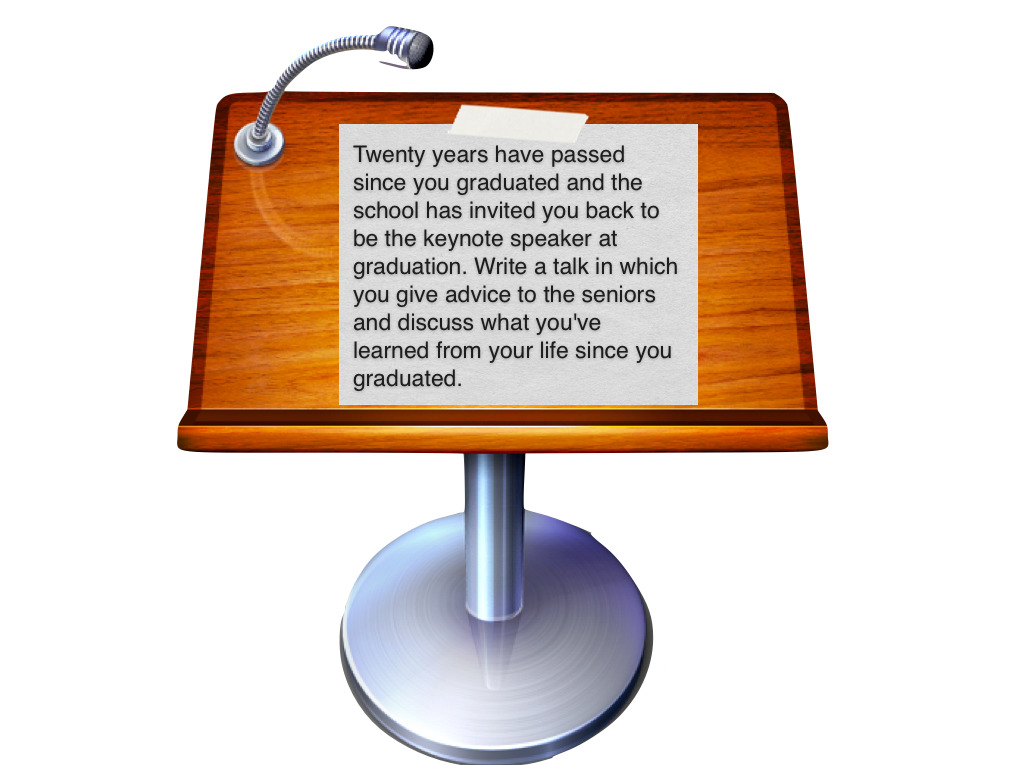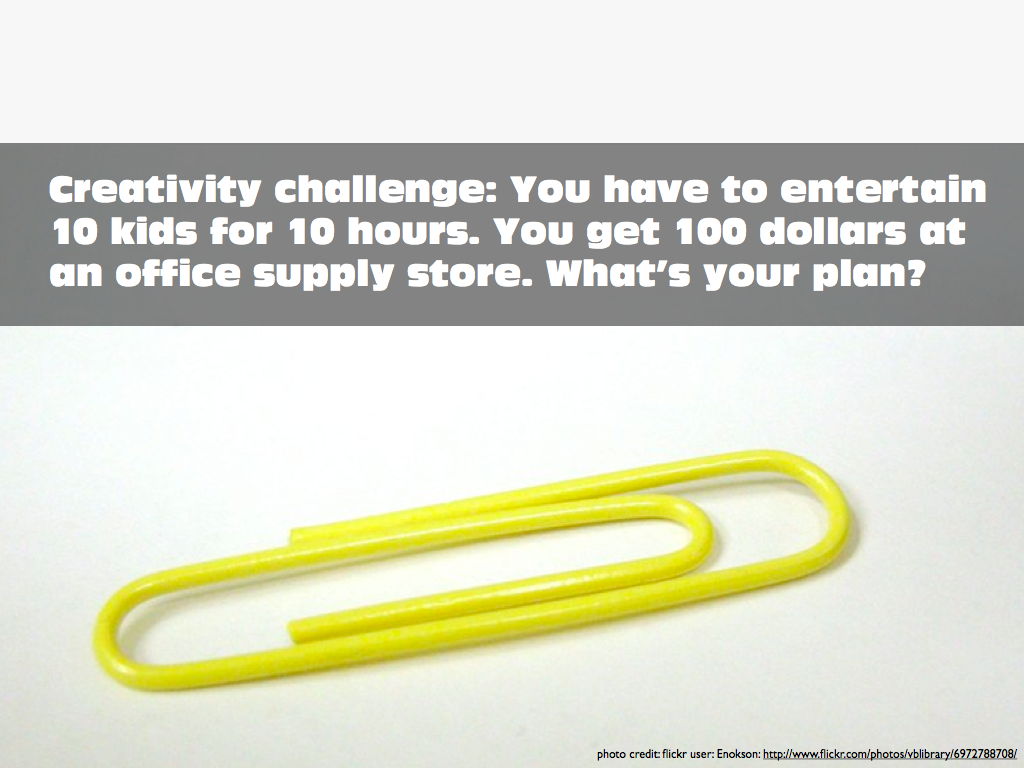Learning Tasks for Monday, April 7
Essential Question: How do literacy skills promote effective communication and understanding?
Objectives: I can...
-reflect on what I have learned this semester in English 111.
-analyze the expectations of the Research Essay.
-provide thoughtful feedback to my peers' ideas.
1. Writing into the Day
Set a SMART goal for Week Ten. How will achieving this goal benefit you? What resources or support do you need in order to reach your goal?
2. Note Cards
Why use note cards?
-Note Cards are a way to manage ALL THE THINGS when you are overwhelmed with research information. Research papers require you to browse and sort through many, many articles, which can easily lead to information overload. Note cards allow researchers to keep their information organized, recall where they found the information, and select which information they will quote/paraphrase in their papers.
What information should I include on my note cards?
-Each note card will feature a quote or piece of information that you want to include in your research paper.
On the lined side of your note card, you will write the following:
- Subtopic that the source addresses. Example: if you are writing about poverty, you might put "History of poverty," "Poverty and race," or "Definition of poverty." You should have only one or two note cards with the same subtopic. This information goes in the upper left-hand corner.
- Quote, statistic, or paraphrased idea from the source. Any information that is a direct quote needs to have quotation marks (" ").This information goes in the lines of the note card.
- In-text/parenthetical citation. This is usually the author's last name and page number, but can vary depending on the source you are using. Example: (Jones 23). This information goes in the lower right-hand corner.
- Optional: if you already know how you are organizing your paper, many researchers find it helpful to "code" sources by numbering them in the order they will be used in your paper (example: Source 1, Source 2, Source 1A, Source 1B, etc.). This information goes in the upper right-hand corner.
On the unlined side of the note card, write the MLA citation that will eventually go on your Works Cited page. Note that if you are making several note cards from the same source, you only need to write the citation once.
How many note cards should I have?
-You need twenty note cards to receive full credit for this assignment, but you can absolutely have more, if needed.
Learning Tasks for Tuesday, April 8
Essential Question: How do literacy skills promote effective communication and understanding?
Objectives: I can...
-reflect on what I have learned this semester in English 111.
-analyze the expectations of the Research Essay.
-provide thoughtful feedback to my peers' ideas.
1.Note Cards
Continue working on those note cards! Your goal should be to finish AT LEAST four cards by the end of class.
For every note card you finish, a cute baby animal is born....
Learning Tasks for Wednesday, April 9
Essential Question: Why is it important to first write a rough draft of your paper?
Objectives: I can...
-generate ideas for a paper.
-identify and use a drafting technique that works for me.
1. Note Cards
Continue working on those note cards! Your goal should be to finish AT LEAST four cards by the end of class.
Learning Tasks for Thursday, April 10
Essential Question: How can feedback improve your writing?
Objectives: I can...
-receive and apply feedback to my writing.
-draft an organized essay.
1. Note Cards
Continue working on those note cards! Your goal should be to finish AT LEAST four cards by the end of class.
STAY STRONG, STAY FOCUSED!!!
Learning Tasks for Friday, April 11
Essential Question: How can feedback improve your writing?
Objectives: I can...
-receive and apply feedback to my writing.
-edit and revise my writing.
1. Note Cards
Continue working on those note cards! Your goal should be to finish AT LEAST four cards by the end of class.
3. Outline
When you finish your note cards, you can begin your paper outline (due Thursday, April 17).
From Mr. Ziebart: "I want you to choose an outline format that best fits your writing style. Please keep in mind that this does not mean I will accept an outline that is vague and incomplete. I want to see evidence of research and organization. There should be a clear thesis, relevant source material with 'discussion' points, and a working conclusion."
Here is a link to some examples of good outlines: http://www.austincc.edu/tmthomas/sample%20outline%201.htm
Here's another option:













